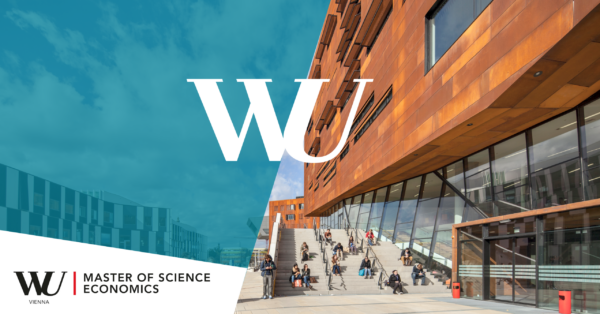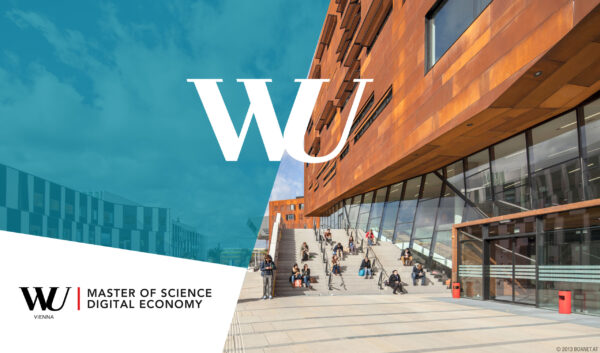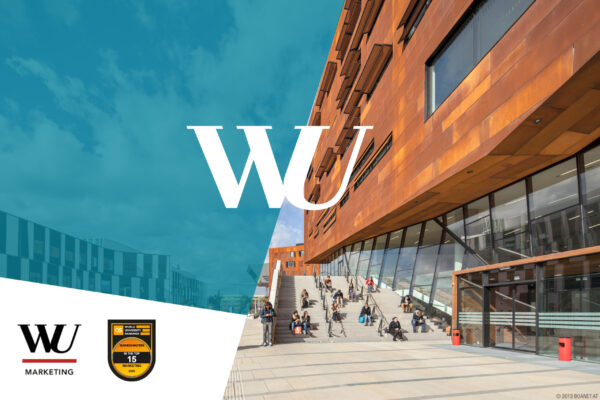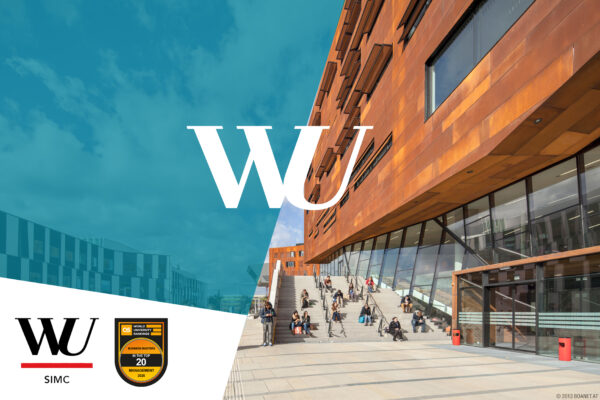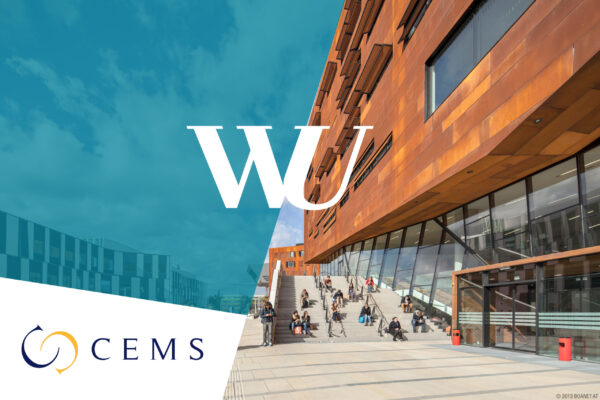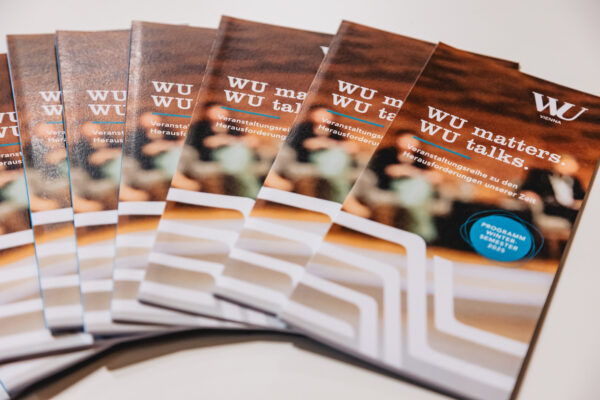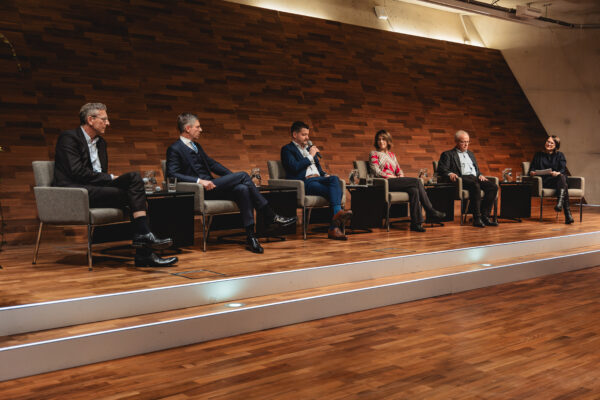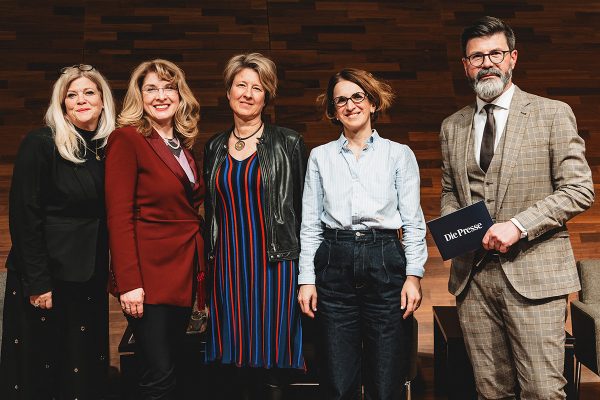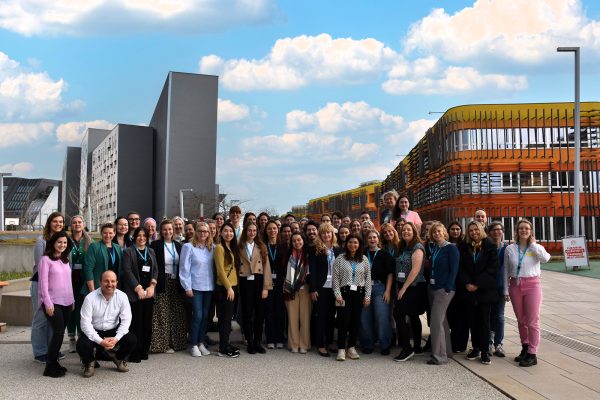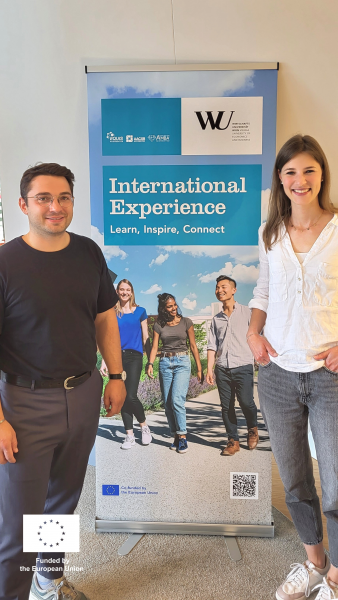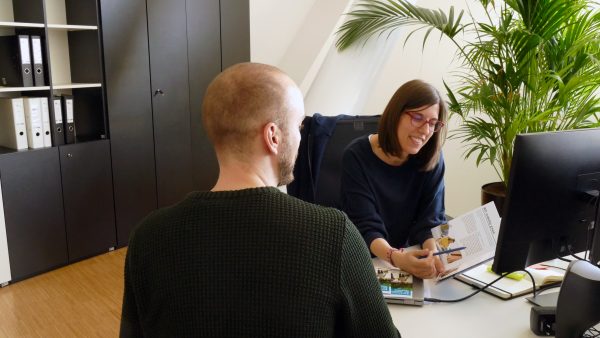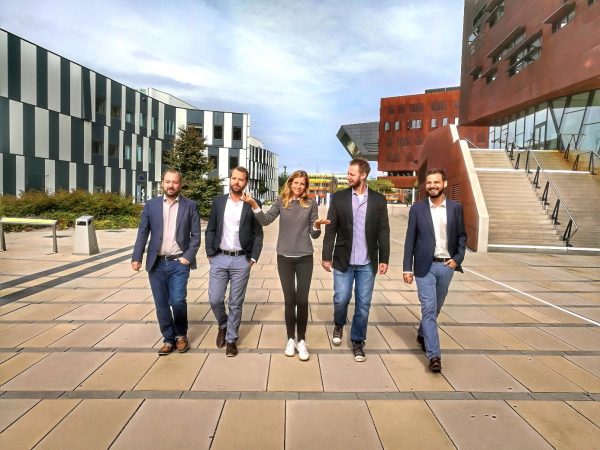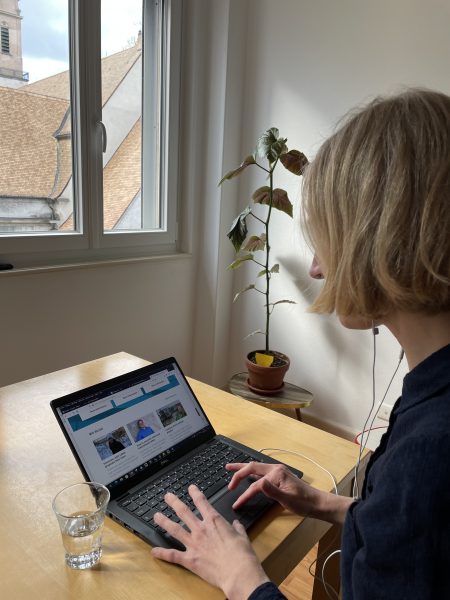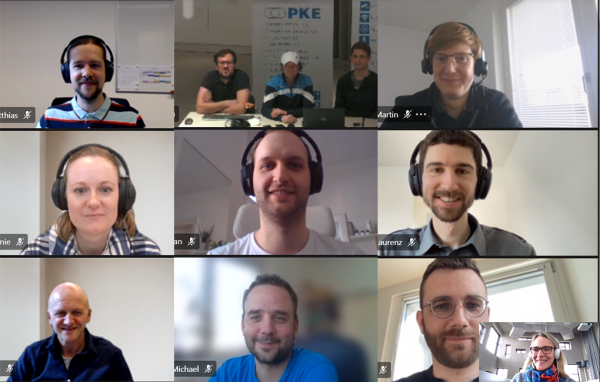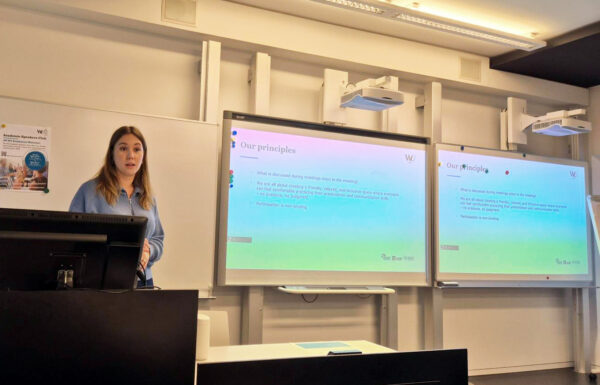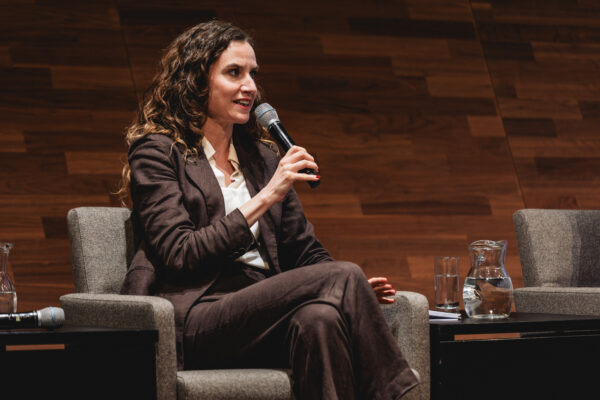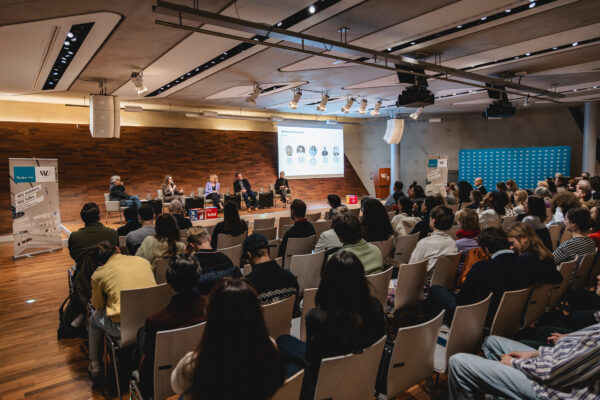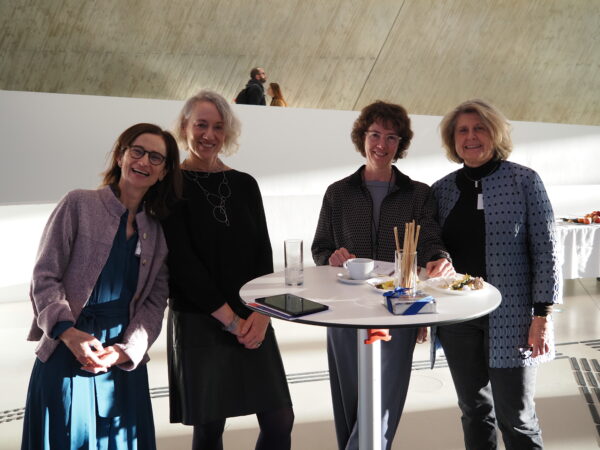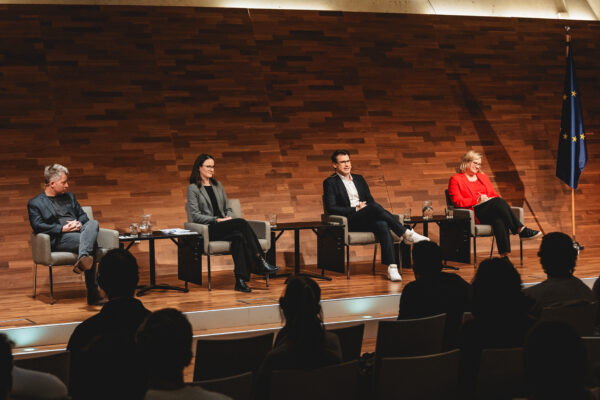Clean Energy: Act locally, change globally.
Last week, on October 29, we welcomed the guests to our WU matters. WU talks. series for an in-depth discussion on the future of the world’s energy systems. With the rise of AI and growing energy demands in industry and transport, our energy systems face multiple expectations: they must be secure, reliable, and sustainable. Achieving this transformation is challenging and requires innovation across technology, policy, and investment. WU researcher Kavita Surana, whose work focuses on energy innovation and green industries, shared insights drawn from her research.
When thinking about energy systems and their role in society, it helps to consider what happens when they fail. “In April 2025, Spain and parts of France experienced a massive blackout lasting over ten hours,” Surana explained. “It affected people’s daily lives as well as emergency services and public transportation. While experts are still investigating the cause, it appears to be cascade of small problems triggering the blackout.”
These interconnected challenges are the focus of Surana’s research. “Historically, our energy demand was predictable but we have more and more energy needs. Systems that once relied heavily on fossil fuels are shifting toward renewables: solar capacity has grown tenfold and wind threefold since 2015. Together, they supplied 15% of global electricity in 2024. In Austria, renewables including hydropower accounted for 88% of total electricity, with 20% from solar and wind alone.”
In her lecture, Surana described the energy system of the future as a complex web of interacting challenges:
- Decarbonization: Fossil fuel use is the largest source of CO₂ emissions, responsible for around three-quarters of the total CO₂ emissions. Reducing emissions is critical, yet global energy-related CO₂ emissions rose 0.8% in 2024, reaching a record 37.8 gigatons.
- Energy security and resilience: Meeting demand requires reducing dependencies on fossil fuels and critical raw materials, protecting systems from cyberattacks, and withstanding climate extremes. Solutions include grid modernization, energy storage, and cross-border interconnections to ensure reliability and flexibility.
- Energy access and affordability: Over 670 million people worldwide still lack electricity for basic needs, and in Europe, 10.6% of households in 2023 could not adequately heat their homes.
- Competitiveness: Decarbonization should not mean deindustrialization. Instead, it calls for technological leadership and the development of globally competitive new industries.
- Digitalization and AI: These tools can improve efficiency but also place new loads on the system. Energy sovereignty is essential alongside technological sovereignty.
Is technology going to save us?
After outlining the complex challenges of modern energy systems, Surana offered a reality check. “I realized technology is not going to solve everything. I had three big insights:
- China dominates the supply chain for solar systems and manufactures.
- Renewable energy investments are increasing, but not all are clean. And 98% of coal comes from 15 countries alone. So if we want to do something about climate change, we also need to address that.
- The Production Tax Credit (PTC) and other public policies have an influence on the investments in renewable energy systems, and if there are projections or uncertainties, the investments go down.”
Surana’s talk highlighted that building the energy system of the future will require coordinated innovation, strategic investment, and strong policy frameworks, demonstrating that acting locally can indeed drive change.
After the lecture, guests had the opportunity to ask questions, which quickly sparked a lively discussion on the risks and benefits of AI, the challenges start-ups face, and more. To learn more about this topic, you can watch the full video on our YouTube channel!
Watch the full discussion here:
Want to join the conversation on current topics?
WU matters. WU talks. is our series of panel discussions and public lectures where researchers and experts from leading businesses and institutions share valuable insights and discuss current topics with the interested public. Sign up here for our newsletter so you don’t miss our next expert discussions on the hot topics of our time!

